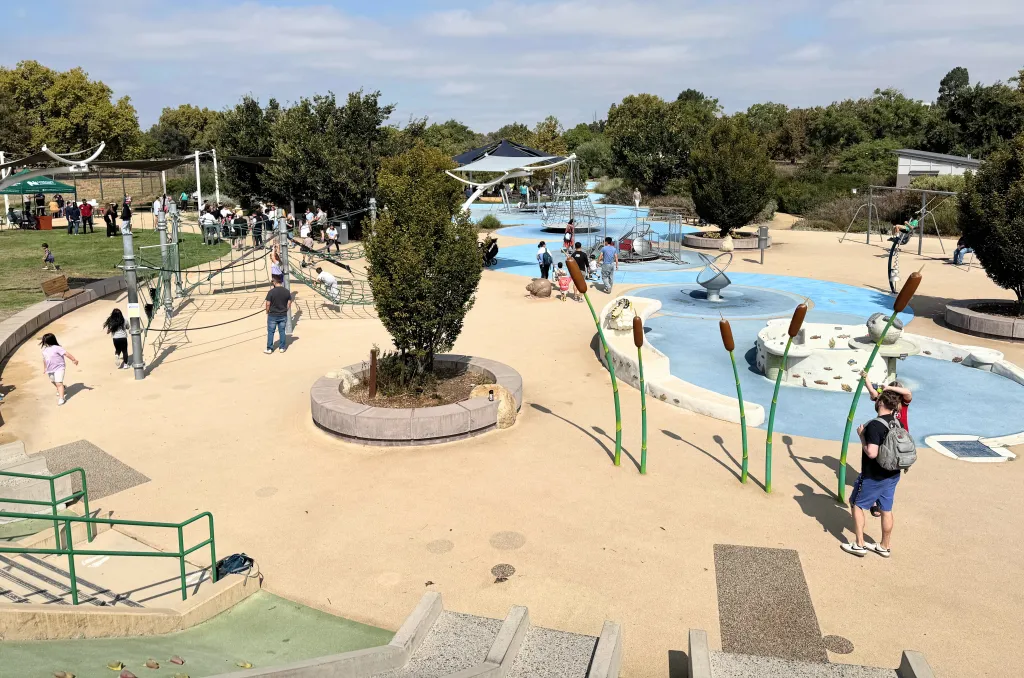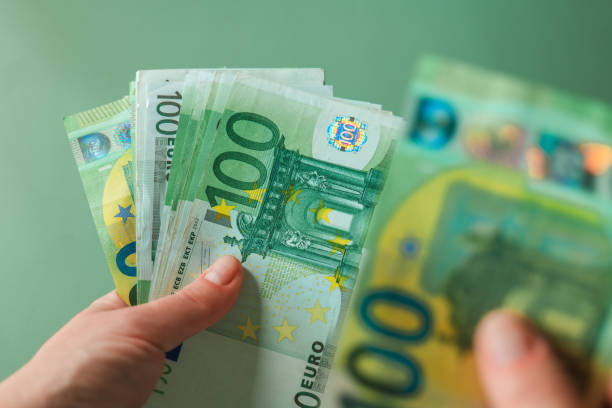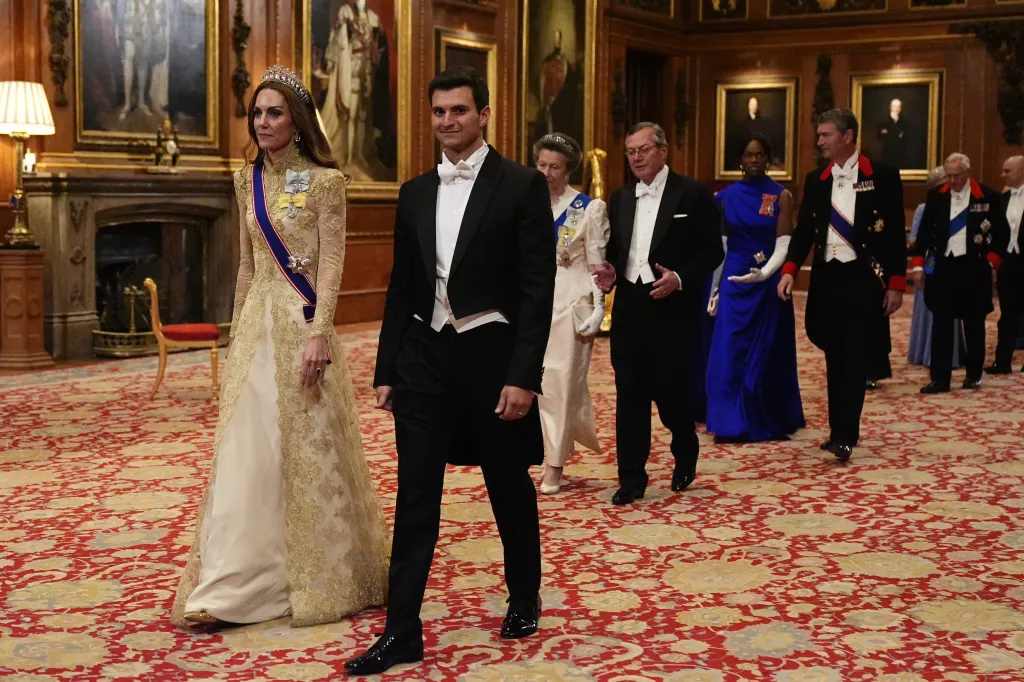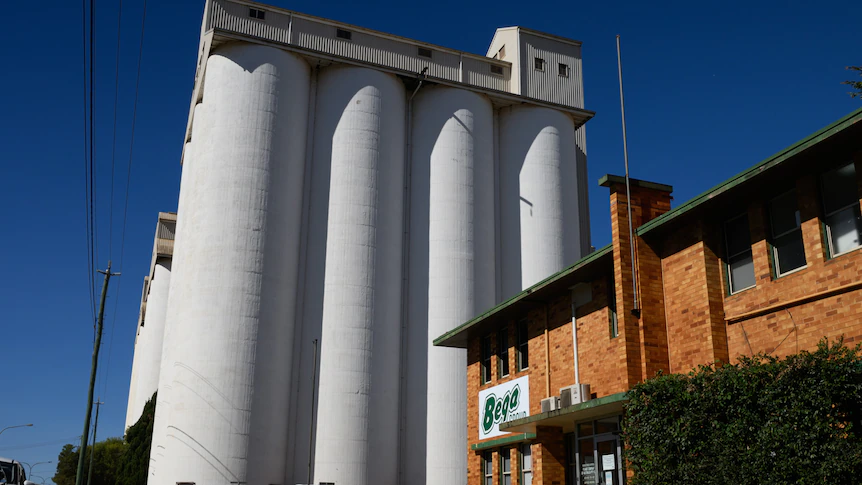By Park Chan-kyong
Copyright scmp
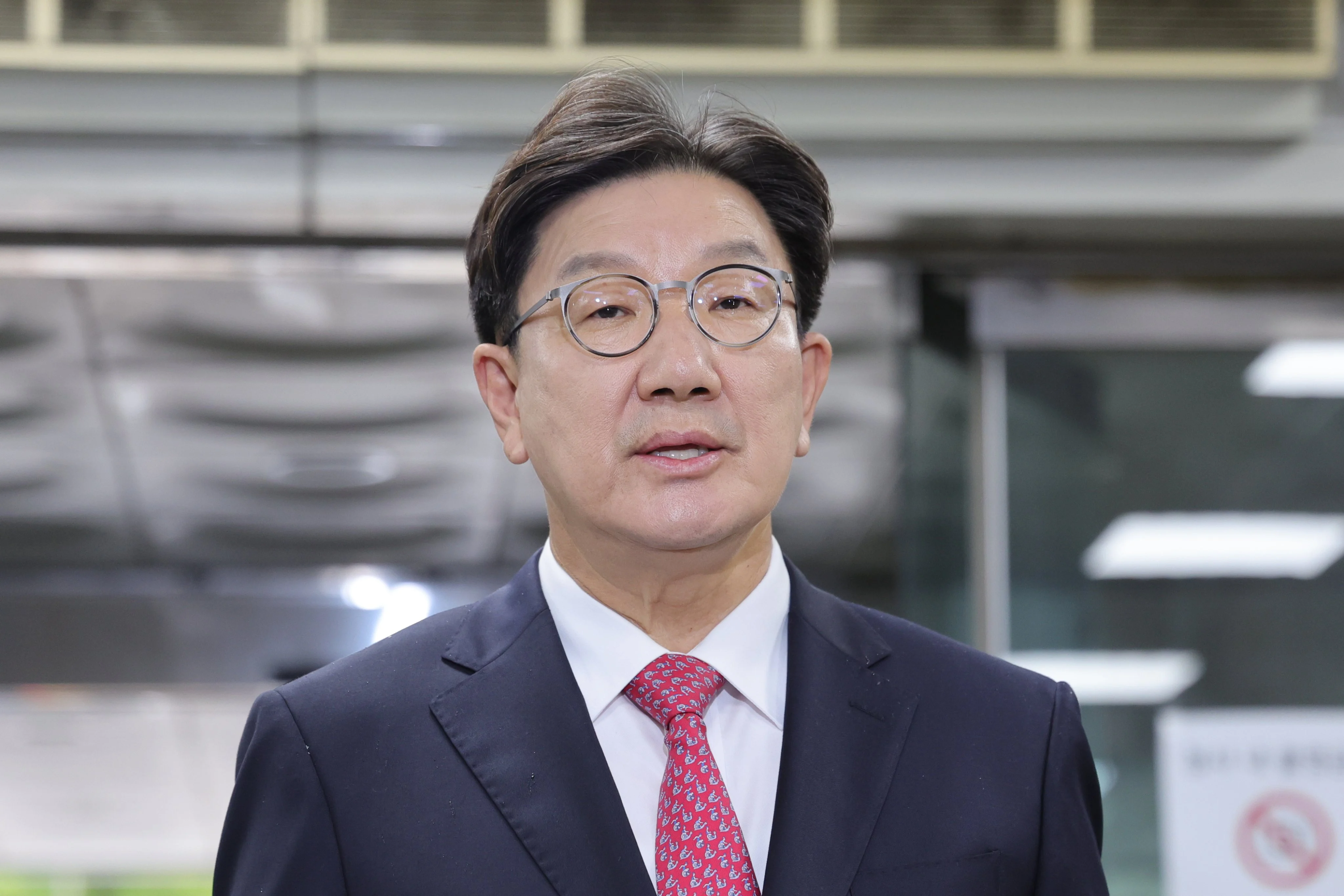
For the first time in a quarter-century of independent prosecutions, a sitting South Korean lawmaker has been arrested amid a corruption scandal that has shaken the nation’s political and religious establishments to their core.
Kweon Seong-dong – a towering figure in the conservative People Power Party and a close confidant of impeached former president Yoon Suk-yeol – has been detained on charges of accepting illicit funds from the Unification Church.
Kweon, a five-term lawmaker and former floor leader, was taken into custody on Tuesday after the Seoul Central District Court granted an arrest warrant, citing concerns over the possible destruction of evidence.
His detention is being hailed as a major victory for the independent special prosecutor tasked with unravelling the complex web of scandals engulfing Yoon and his wife, Kim Keon-hee.
Never before, since the inception of South Korea’s system of special prosecutors in 1999, has a sitting member of parliament been arrested under such circumstances.
The moment marks a watershed in the country’s struggle to uphold the rule of law amid mounting evidence of collusion between religious interests and political power.
With Kweon now behind bars at Seoul Detention Centre – where he joins, among others, Yoon himself – prosecutors are expected to intensify their investigation into secretive transactions linking the presidential couple to the Unification Church.
Officials allege that, in January 2022, Yoon Young-ho, then the church’s second-in-command, handed Kweon 100 million won (US$84,000) in covert campaign funds.
Mere weeks later, Kweon is said to have visited the church’s headquarters, where Han Hak-ja, the church’s octogenarian leader, reportedly pledged her support for Yoon’s presidential ambitions.
The church, long dogged by accusations of political interference, has forcefully denied any wrongdoing.
“Let’s meet later and I’ll talk to you then,” Han told reporters as she appeared for questioning on Wednesday, visibly frail and assisted by an aide. She had been unable to respond to earlier summonses due to illness, she said.
Influence peddling
Prosecutors further allege that, following Yoon’s election, the Unification Church lavished Kim Keon-hee with extravagant gifts – including a Graf necklace valued at 62 million won, Chanel handbag and premium ginseng – delivered through a fortune-teller in her inner circle.
Both Kim and the fortune-teller, who have denied receiving the items, are currently detained on separate corruption charges.
The investigation has also exposed alleged attempts by Kim to urge the church to mobilise its followers in support of Kweon during the 2023 ruling party leadership race – a contest from which he ultimately withdrew.
In return, prosecutors contend, the church sought government backing for its domestic and international projects, requesting both budgetary allocations and official appointments.
Kweon, who served as a prosecutor for 13 years before entering politics in 2009 – a career trajectory mirroring Yoon’s – has admitted meeting Unification Church figures but flatly denies any unlawful conduct, insisting there was “no improper transaction”.
Before his arrest, he maintained to reporters that he was the target of a politically motivated campaign, confidently anticipating that the court would reject the warrant.
However, the special prosecutor’s office said in a statement to the court that “political power and a religious organisation colluded to manipulate state affairs, interfere in elections and disrupt judicial order”.
Meanwhile, the Unification Church has convened more than 1,000 senior figures from across South Korea and abroad at its Gapyeong compound for a week-long assembly, officially to pray for Han, widow of the church’s founder.
But critics described the meeting as a calculated display of defiance.
“This gathering is a tactic to pressure investigators by framing the probe as a breach of religious freedom,” pastor Jin Yong-sik, head of the Korea Christian Heresy Counselling Association, told This Week in Asia.
“I hope this case sounds the alarm against politicians who collude with fringe religious groups for money and votes in exchange for influence.”
I hope this case sounds the alarm against politicians who collude with fringe religious groups
Jin Yong-sik, Korea Christian Heresy Counselling Association
Jin added that the failure of Yoon’s martial law decree on December 3 last year had exposed “decades of political entanglements”.
Tak Ji-won, a prominent anti-cult activist, told local media that the case should serve as a reminder of the separation of church and state, as enshrined in the country’s constitution.
“Politicians and religious groups will likely be cautious for now. But their shady ties will soon be repeated,” he warned.
Founded in the 1950s, the Unification Church has grown into a global business and media empire, controlling news outlets such as The Washington Times and United Press International, alongside interests in food, manufacturing and hotels.
While the church claims a worldwide following of 10 million in nearly 200 countries, critics say the actual membership figure is far lower.
Its strongest foothold remains in Japan, despite a public backlash that has grown since the assassination of former prime minister Shinzo Abe in 2022 – a killing the alleged perpetrator attributed to his family’s financial ruin due to his mother’s church donations.
In March, a court in Tokyo ordered the dissolution of the church’s Japanese branch, concluding that its fundraising practices were exploitative.
